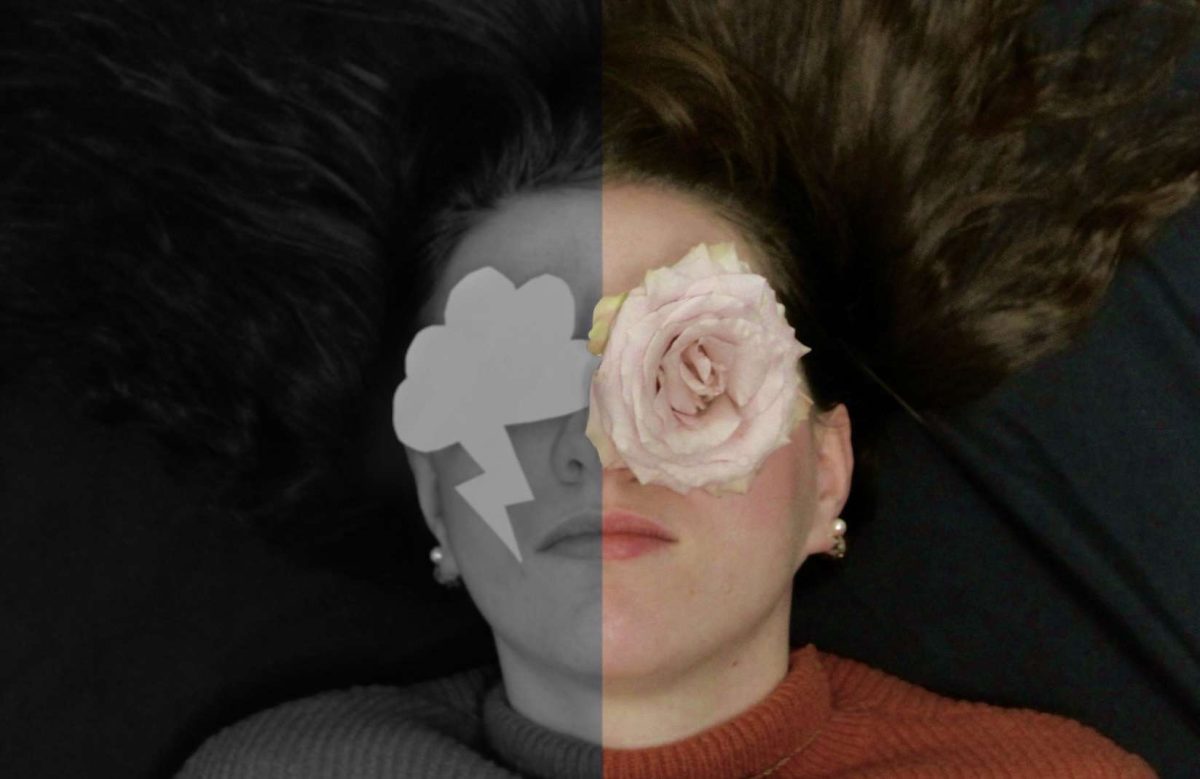Highschoolers everywhere dread the winter. For some, it is because of the long school days and lack of holidays. But for others, it can actually be reduced down to a chemical imbalance. This is called Seasonal Affective Disorder (SAD), and it brings symptoms like fatigue, sadness, lack of energy, and even irritability.
Those who feel perfectly happy during the summertime, yet depressed and lonely in the winter months, may be experiencing seasonal depression. Data from NIH reports that 1.7% and 5.5% of 9-19-year-old children may have SAD.
“I haven’t experienced it, however, I’ve known multiple people who have had seasonal depression,” said sophomore Haily Marker. “It was very hard, especially because I was going through it with them.”
While there is no direct link to SAD, there are some potential causes. A lack of vitamin D, a chemical commonly found in sunshine, can result in similar symptoms. Sunshine also releases happy chemicals like serotonin and dopamine, so without the proper amount of sunshine, it can leave people feeling depressed.
“I have one of those happy lights,” said Kayleigh Jensen, a teacher at MCHS who has struggled with seasonal depression. “I do that for like 30 minutes, especially during the winter when there’s no sun. And that does help kind of mimic what sunlight is. I also do talk therapy.”
Students with SAD may experience a lack of interest in their academic studies. This can cause a plummet in grades, specifically in months where seasonal depression is most common.
McHenry High School does have some plans in place to help those with mental health issues. One example of this is the 7-day late policy. If students fall behind on work, they have one week to turn it in past the due date.
“I feel like the school does a decent amount for people with seasonal depression,” said sophomore Kyleigh Witt. “I mean, the bright lights could help.”
Luckily, seasonal depression can be managed. Symptoms can potentially be lessened by managing by making some changes like stress levels, doing therapy, exercising regularly, and using sun lamps.
Through educating the community on mental illnesses such as these, we can provide a more welcoming community to those who struggle.




